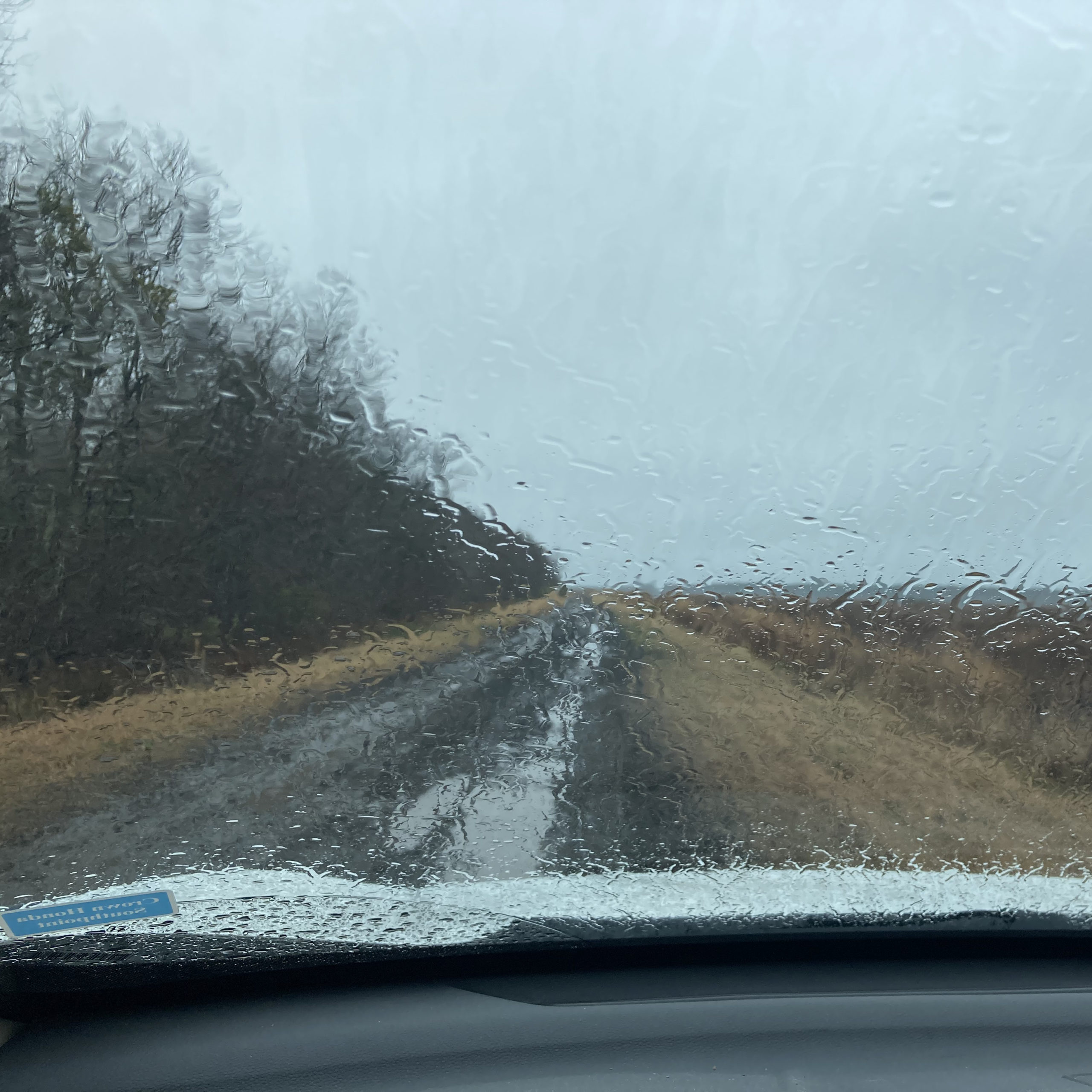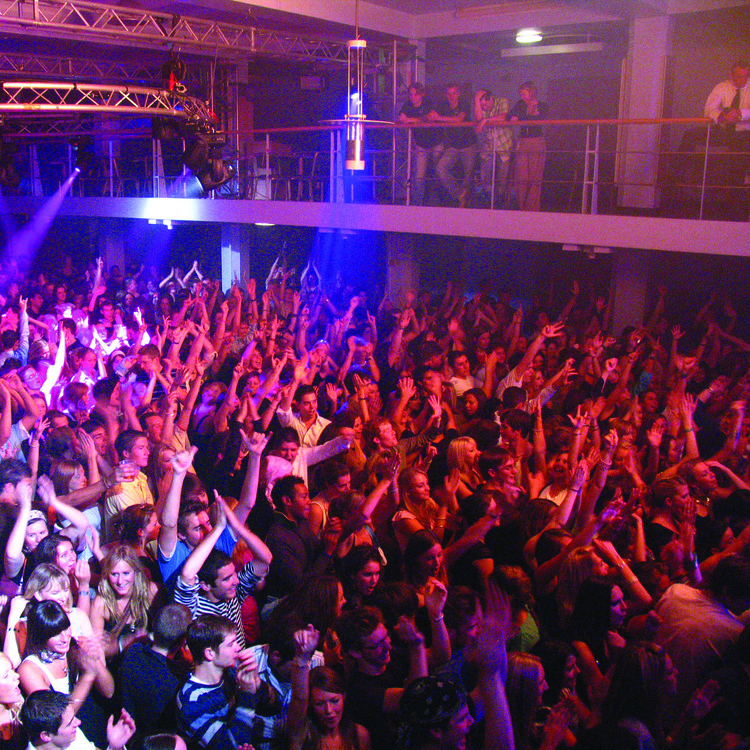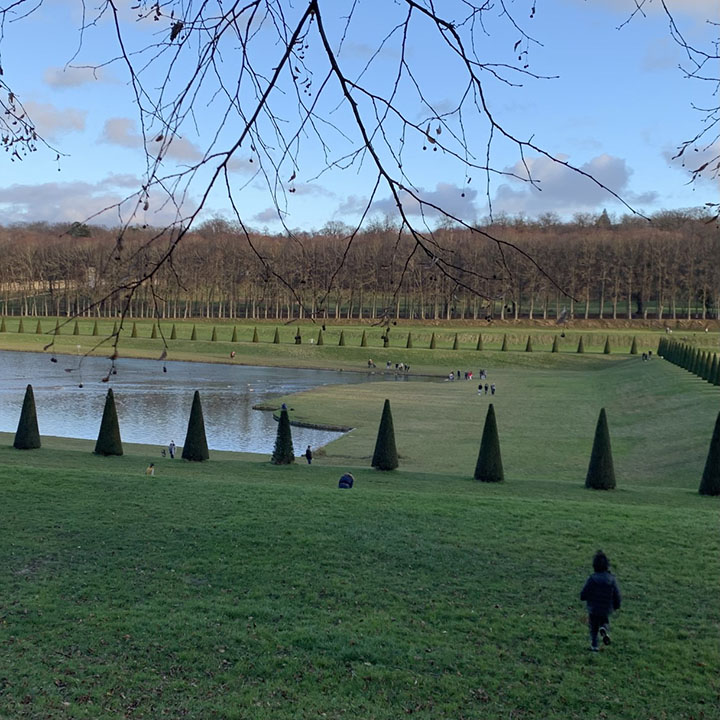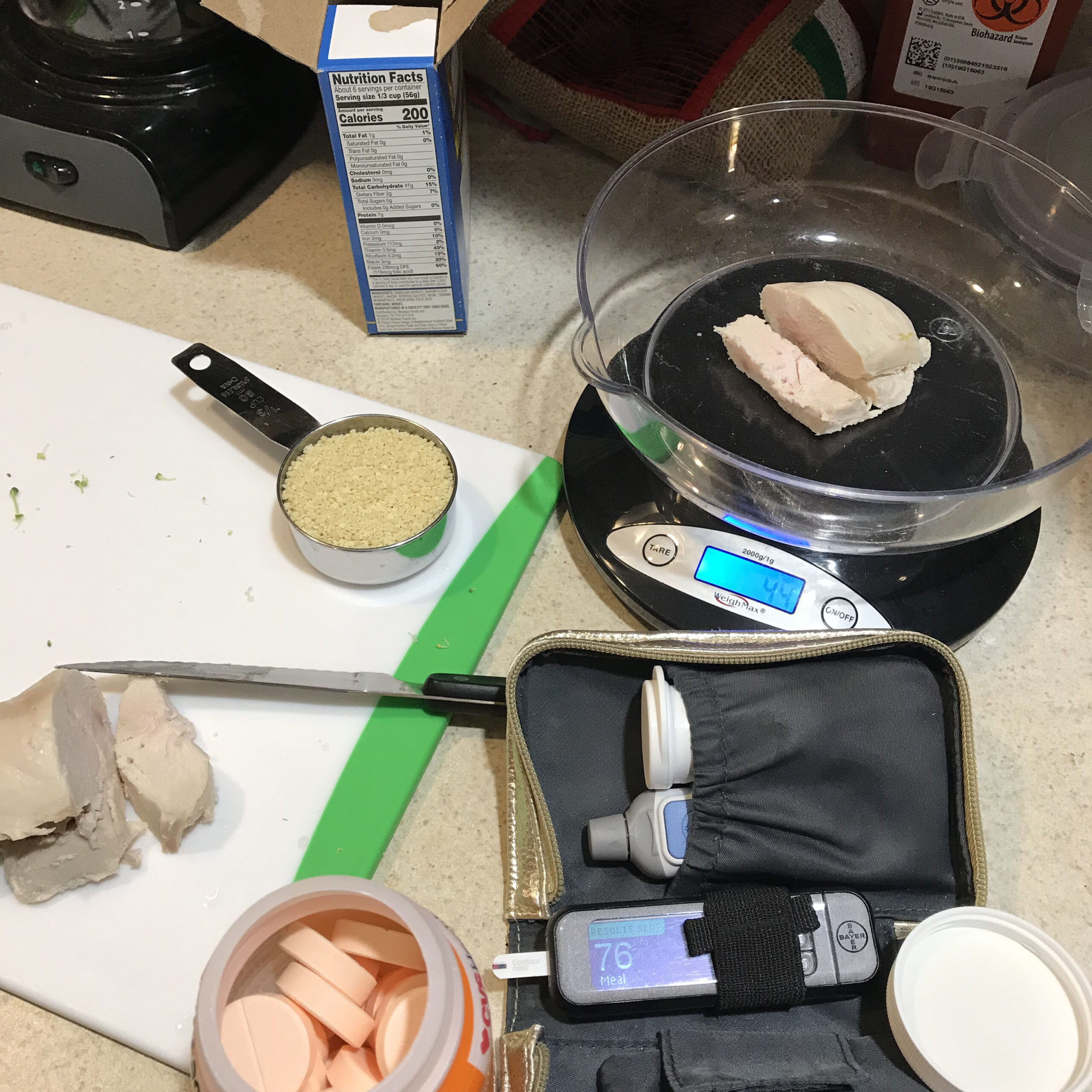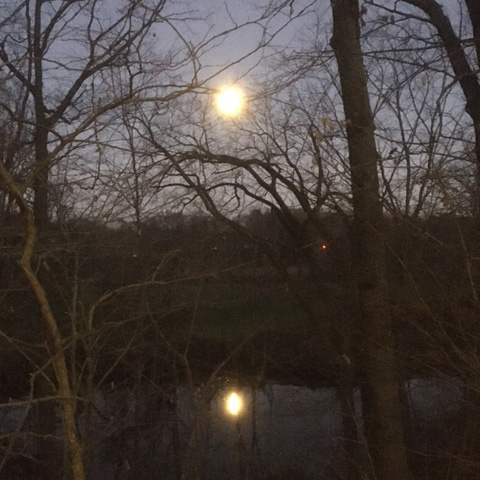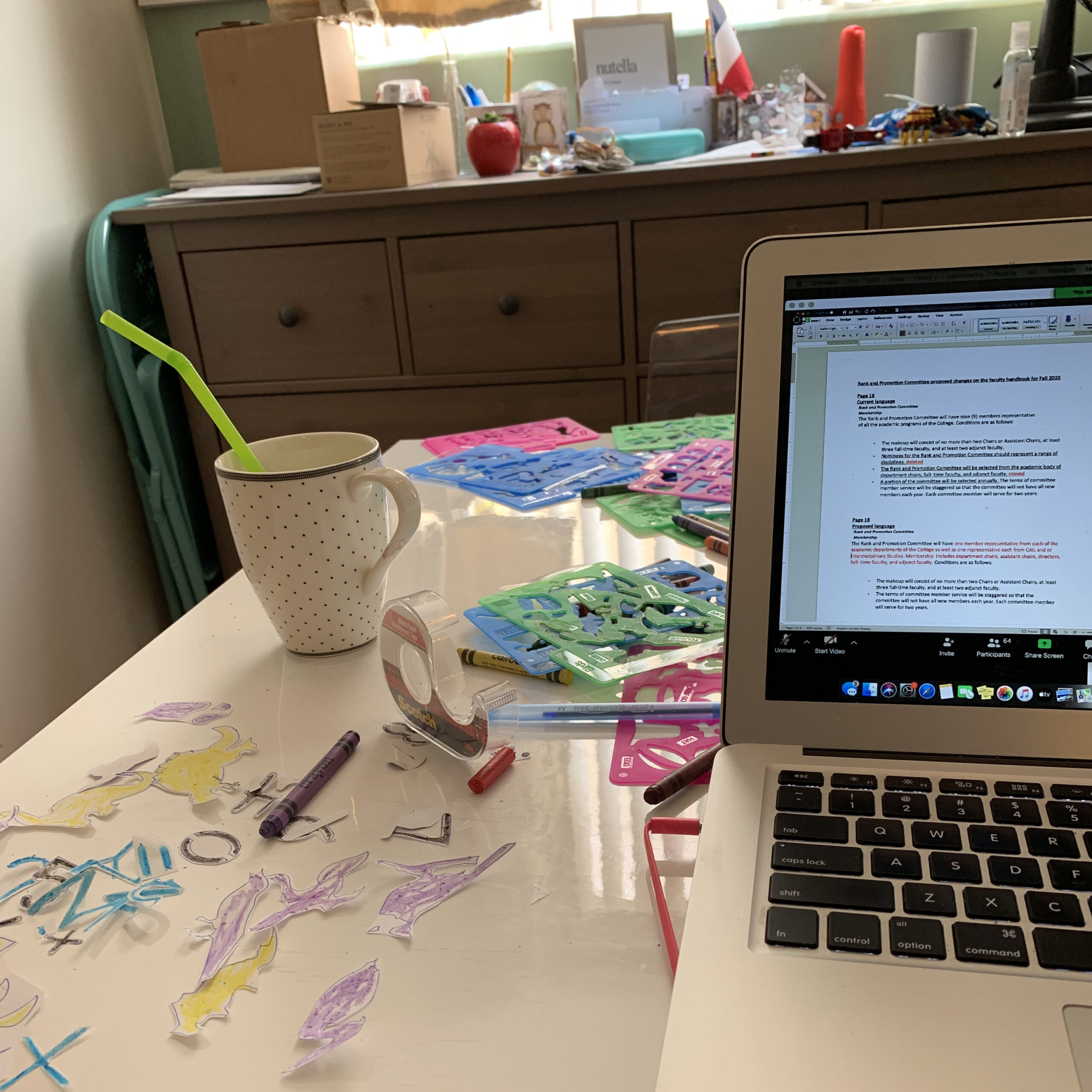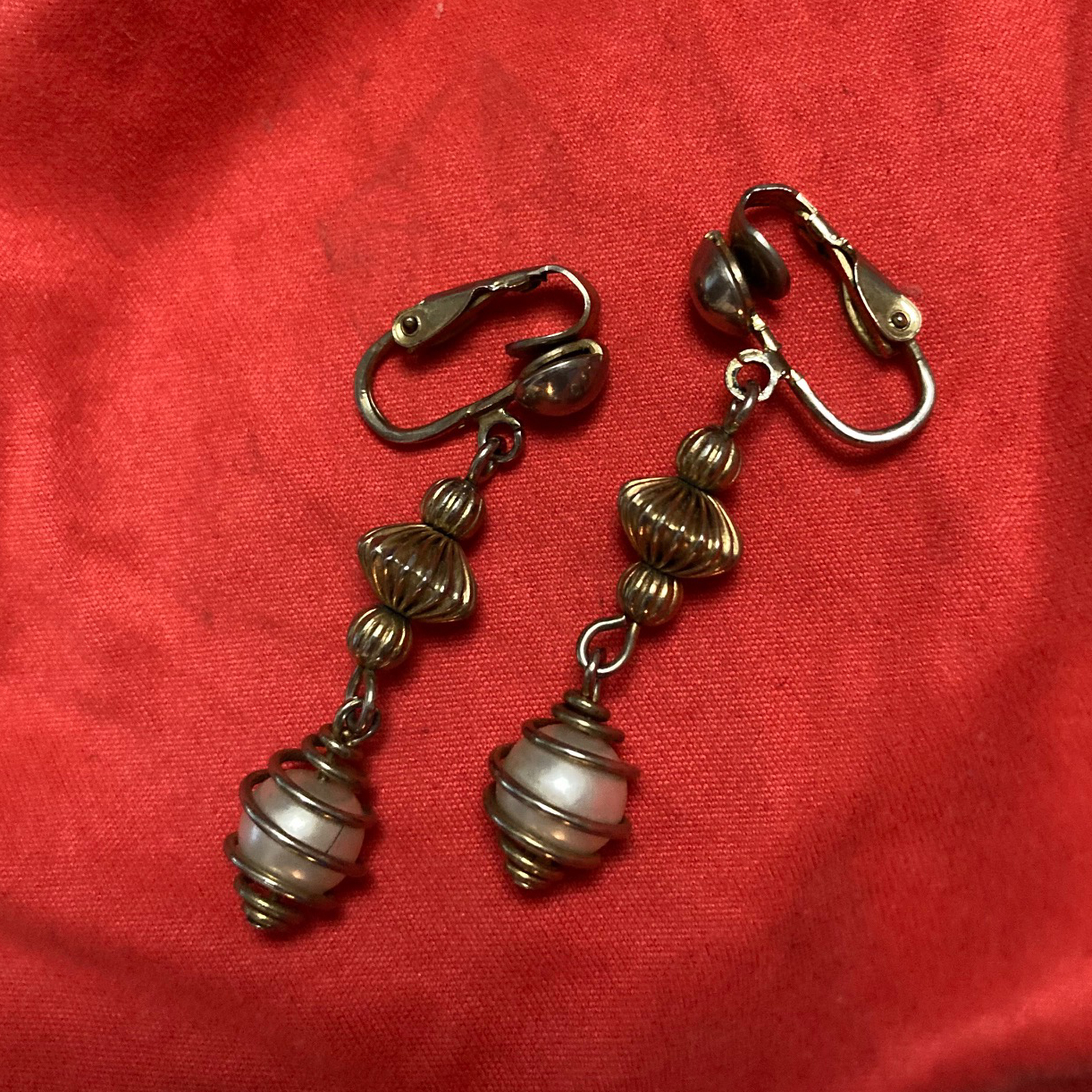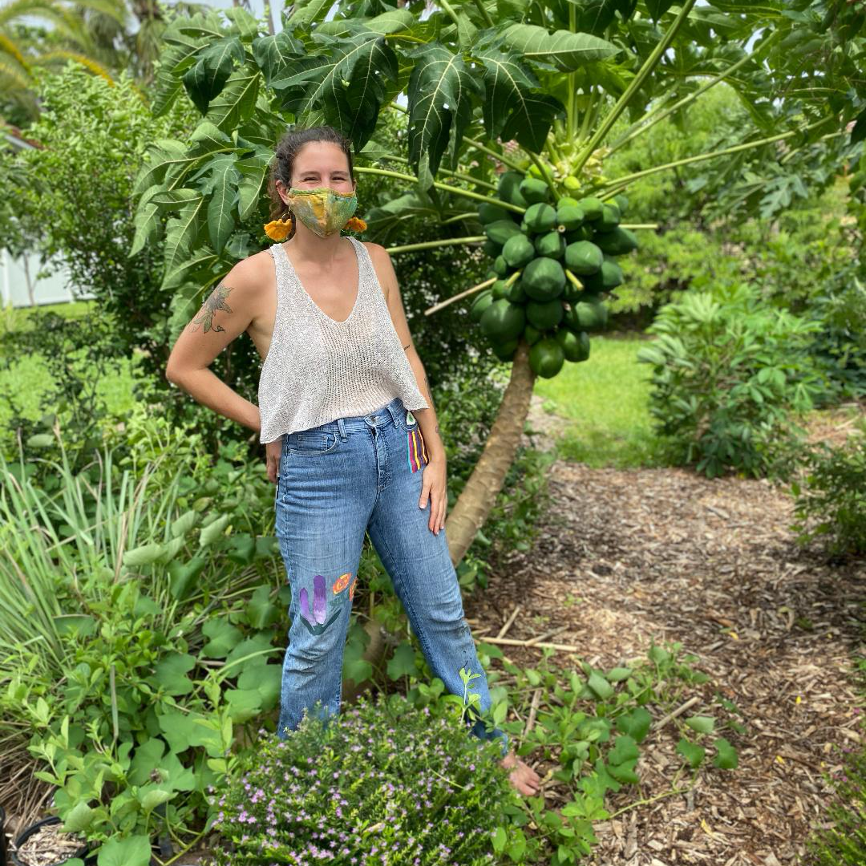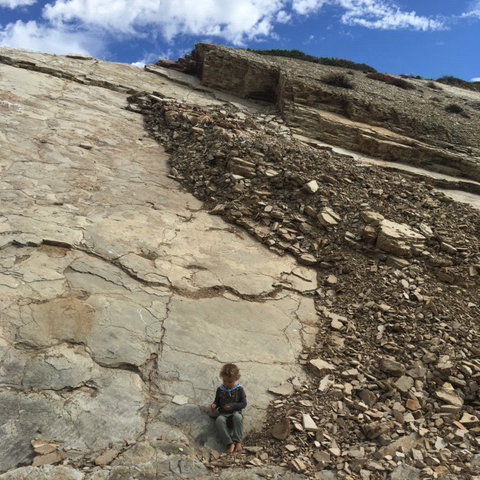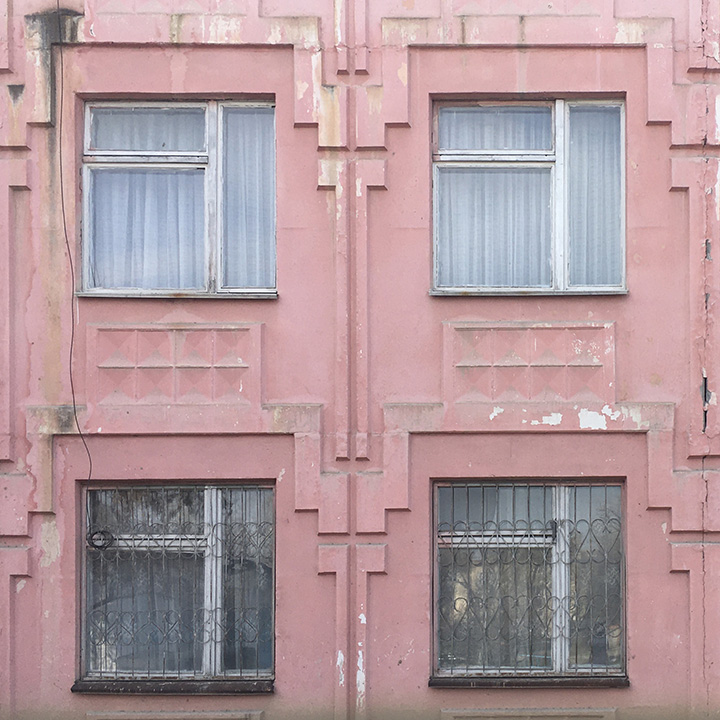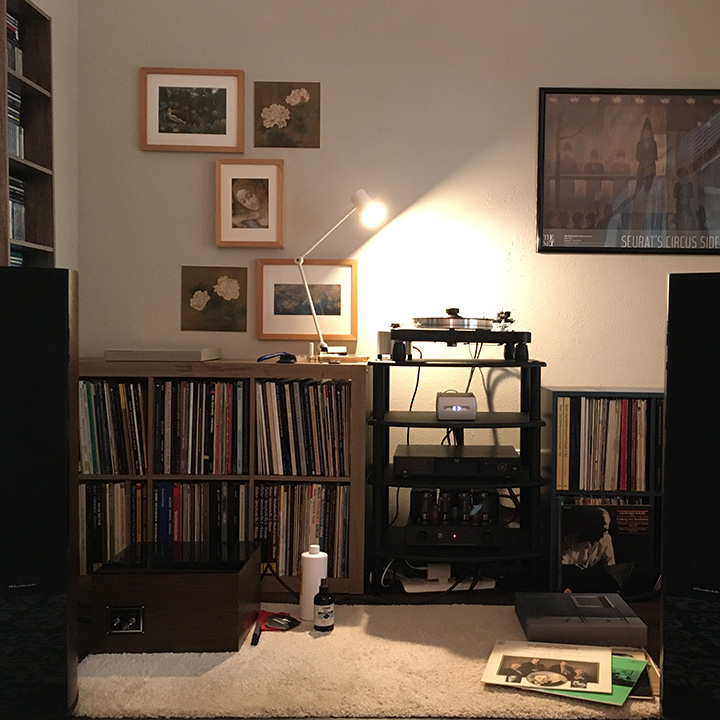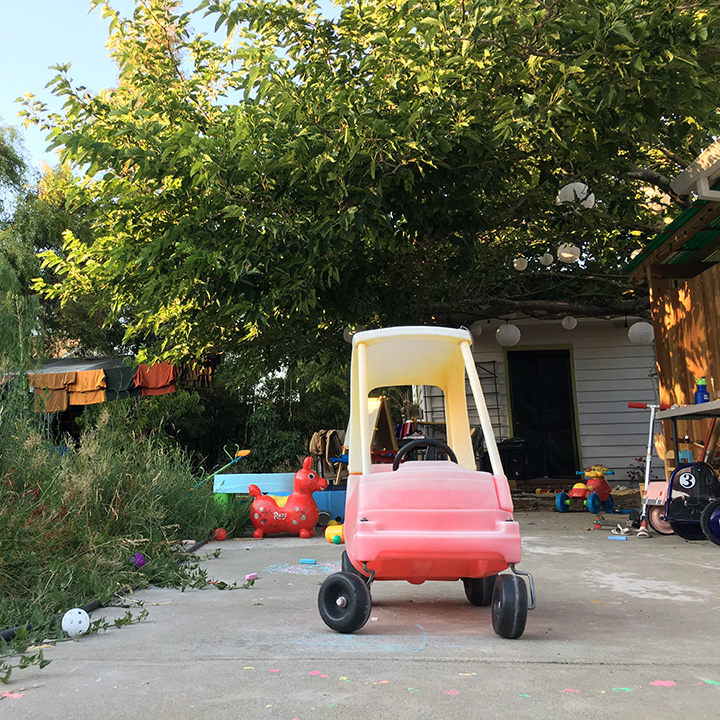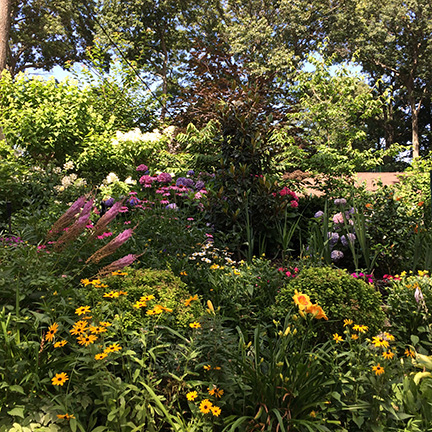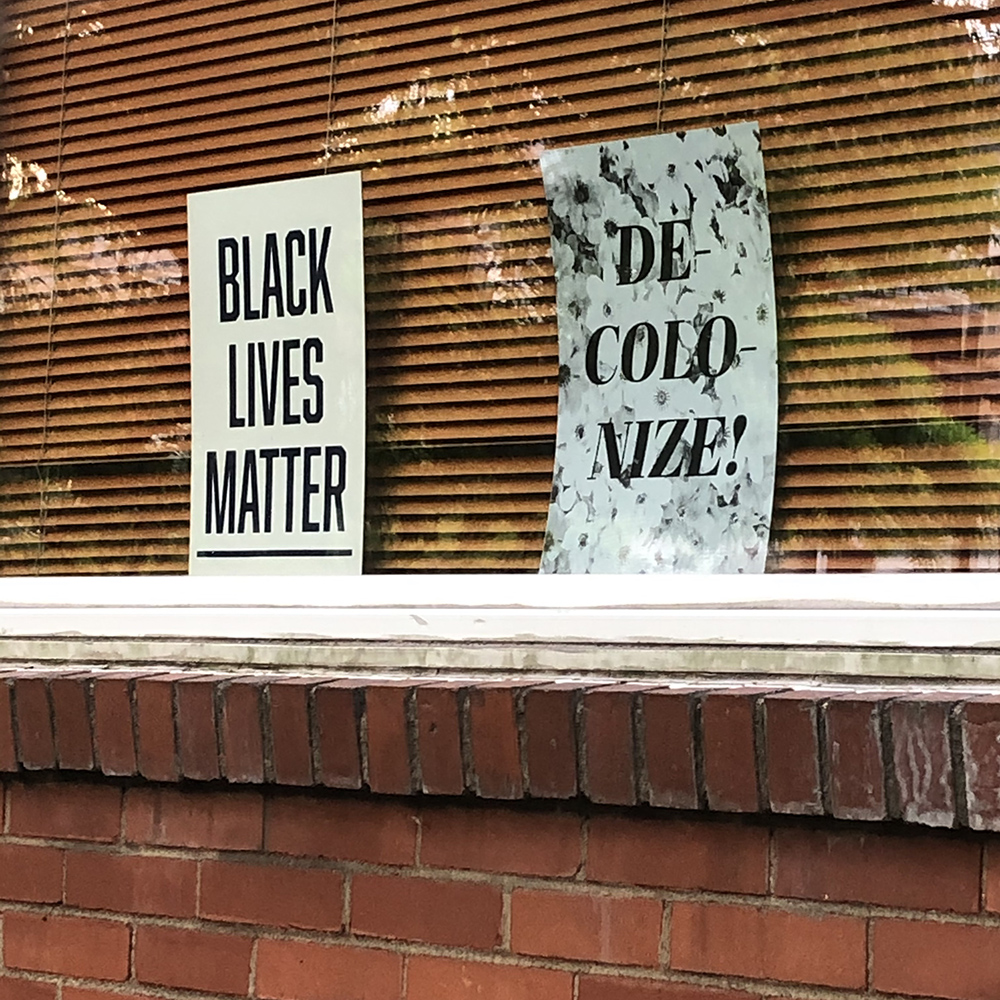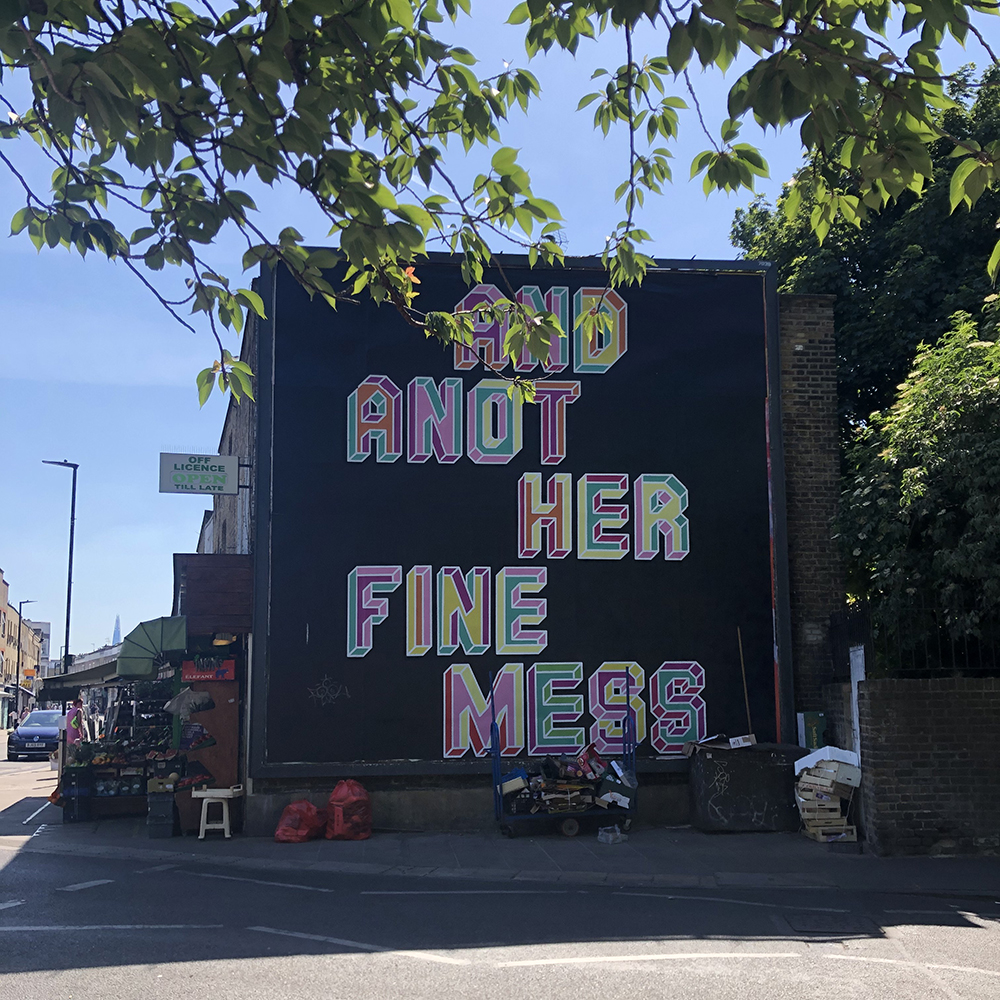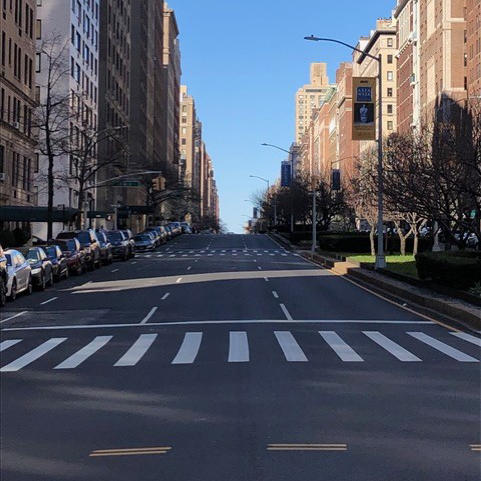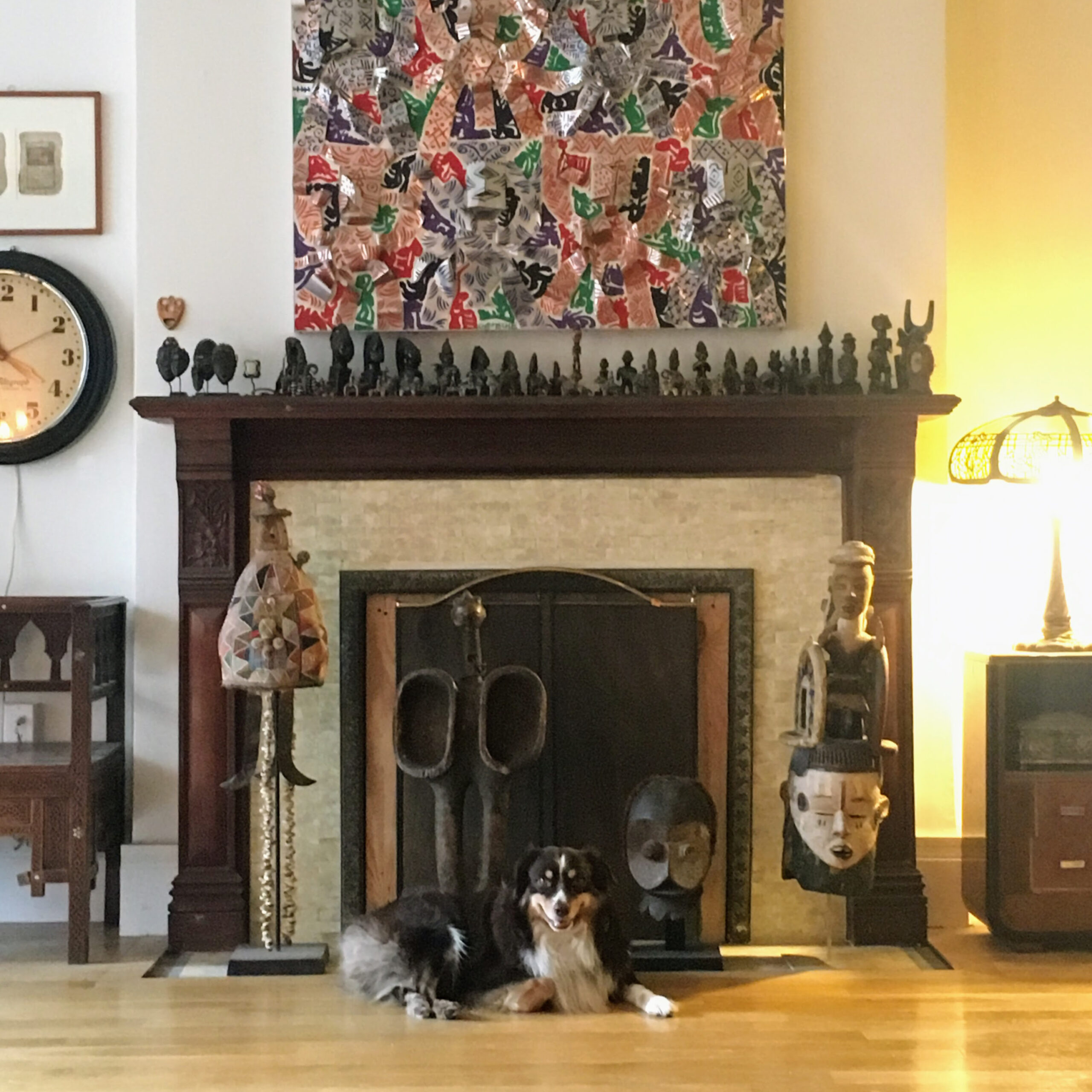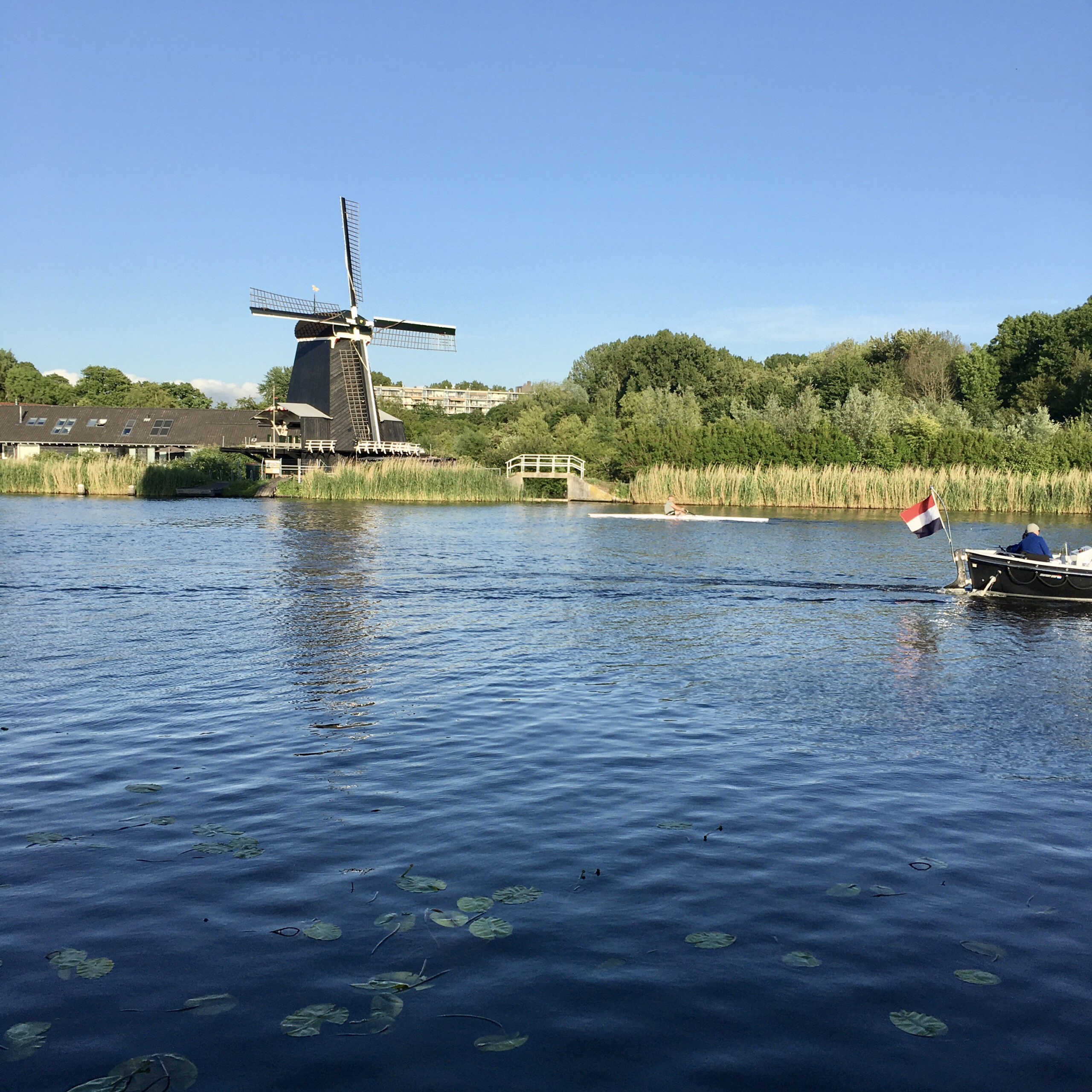Versailles
by Joy Deng
Sunday afternoon, five days before Christmas. In the US, Dr. Fauci announces he has administered the vaccine to Santa Claus, who can travel to all countries, while France and other EU nations shut their borders to the UK for fear of a new virus strain, seemingly more contagious, more easily binding to victims’ cells through evolved spike proteins that might also evade detection.
I am hiding behind a spiky triangular topiary at least twelve feet high overlooking an immense placid pool in the Parc de Marly-le-Roi surrounded by poplars and children and geese. In the distance, an RER train crosses silently above a white limestone bridge over the Seine. If I walk in this muddy grass away from the water, past the yellow reeds toward the setting sun, I will eventually reach Versailles, where President Macron, having tested positive three days ago, is isolating in a hunting lodge. But I am discovered behind the cone. My son roars in laughter. The sight of people, strangers at a distance, running, biking, photographing, fills me with joy in these last moments of sun closing on a fifty-four-degree day. Next week’s forecast is rain, followed by more rain, more clouds above Paris, where such clear blue reflections in the sky are a rare sight through the long grey winter.
Before the beheading of Citizen Louis, Louis XIV was concerned with pumping water up to his palace from the Seine, through the hydraulic system of the Marly Machine, to provide sufficient water for his fountains. But the pump couldn’t meet his demand. There was never going to be enough water. I am concerned with getting home by 5 p.m. to log into my son’s Zoom Chinese class, taught by a woman in Philadelphia at 11 a.m. eastern time. I am lucky to have a job that allows me to work from another country. Lucky to have parents-in-law in Mareil, ten minutes from these topiaries, to help with childcare. I wonder what I can still buy online to be delivered by Christmas. I do not yet know that in four hours’ time my friend, to whom I plan to send Burdick’s chocolates, will text that she is driving to the emergency room of a hospital at capacity with her toddler and her husband, whose low fever has turned to excruciating pain. Can he breathe between coughs? Are they scanning his lungs? Is he admitted?
Let the rain come and wash away the garden, our gifts, our excessive plans. Wash the forests of poplars and take away the pain. On the Grand Rue the restaurants are shuttered. Le Gramophone has the words consommation a tout heure—consumption at all hours—painted on the wall next to its empty terrace. Lights are on inside a piano store, a sign on the door celebrating Beethoven’s 250th birthday. The bakery in Mareil behind the church sells baguettes for one euro and quiche and chouquettes. It may be the only interior space outside home that I step into this winter. But I can stay home, support the bakery in other ways. “Perfect joy is to be without joy.” I am starting to grasp this incomprehensible line but still cannot understand the wuwei of Zhuangzi: to give up ideals. I want her life and his—every life that could be saved—protected.
Published on January 6, 2021

